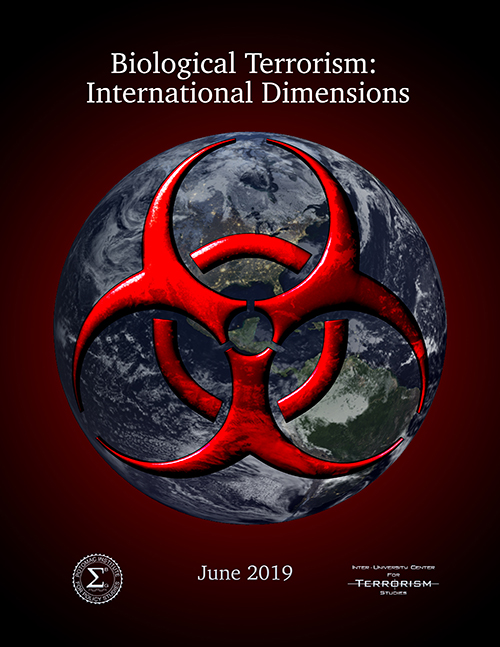 Biological security concerns, ranging from Mother Nature to man-made threats by state and non-state actors, transcend geographic regions. In 2018 and early 2019 alone, the Ebola virus has broken out in the Congo, cholera has afflicted war-torn Yemen, North Korea has augmented its biological warfare capabilities, and the Islamic State has demonstrated a willingness to pursue the use of biological weapons. These looming biological threats pose continual and unprecedented security challenges to those in the U.S. and abroad.
Biological security concerns, ranging from Mother Nature to man-made threats by state and non-state actors, transcend geographic regions. In 2018 and early 2019 alone, the Ebola virus has broken out in the Congo, cholera has afflicted war-torn Yemen, North Korea has augmented its biological warfare capabilities, and the Islamic State has demonstrated a willingness to pursue the use of biological weapons. These looming biological threats pose continual and unprecedented security challenges to those in the U.S. and abroad.
Is the international community prepared to identify, prevent, counter, and respond to future biological challenges? What are the past lessons, emerging risks, and needed strategies nationally, regionally, and globally?
The following report on “Biological Terrorism: International Dimensions” is based off the remarks given by experts from the security and health communities during a special seminar held on March 28, 2019 at the International Law Institute in Washington, D.C. The distin-guished panel included: Dr. Larry Kerr (Director, Pandemics and Emerging Threats, Office of Global Affairs, U.S. Department of Health and Human Services); Professor Rita Colwell (Distinguished University Professor at the University of Maryland, College Park and Johns Hopkins University Bloomberg School of Public Health, and Senior Fellow, Potomac Institute for Policy Studies); Dr. Daniel M. Gerstein (Senior Policy Researcher, Rand Corporation, and Former Acting Undersecretary and Deputy Undersecretary in the Science and Technology Directorate, Department of Homeland Security); Dr. Gerald L. Epstein (Distinguished Research Fellow at the Center for the Study of Weapons of Mass Destruction, National Defense University); and Dr. Meghan Delaney (Chief of Pathology and Laboratory Medicine & Medical Director for Transfusion Medicine, Children’s National Medical Center, and Associate Professor of Pathology & Pediatrics, George Washington University). Professor Yonah Alexander (Director, Inter-University Center for Terrorism Studies, and Senior Fellow, Potomac Institute for Policy Studies) moderated the discussion and General Al Gray (Twenty-Ninth Commandant of the U.S. Marine Corps, and Senior Fellow and Chairman of the Board of Regents, Potomac Institute for Policy Studies) provided closing remarks.
